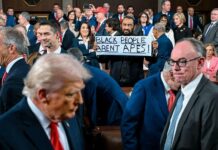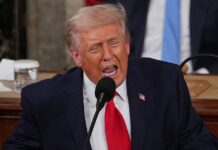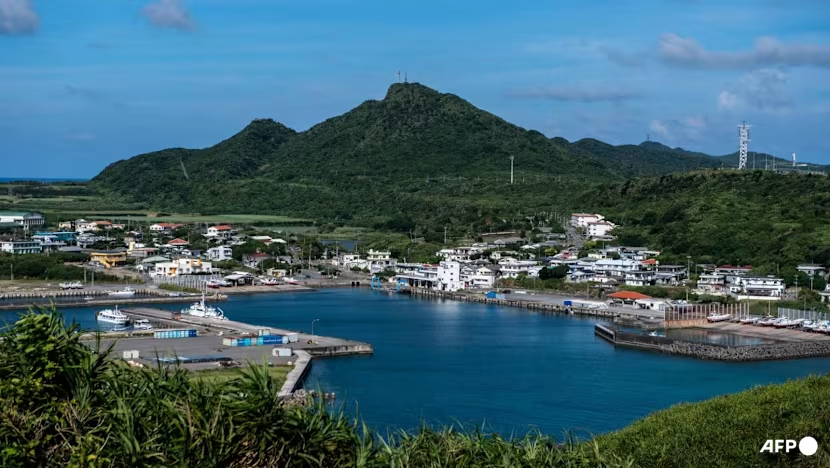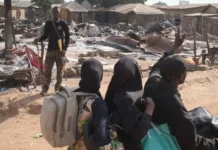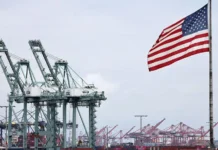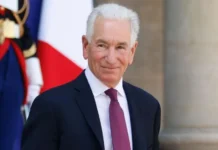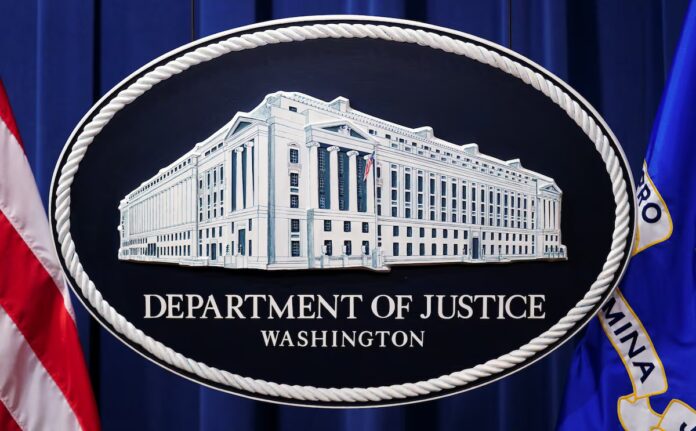
The U.S. Department of Justice (DOJ) has prepared a classified legal opinion affirming that American military personnel involved in recent strikes on suspected drug-trafficking vessels are immune from prosecution, three sources familiar with the matter told Reuters on Wednesday.
Since early September, the U.S. military has carried out at least 19 strikes on suspected drug boats in the Caribbean Sea and the Pacific waters off Latin America, leaving at least 76 people dead.
The operations, which mark a sharp departure from traditional maritime interdiction tactics, have triggered growing concerns among legal experts and Democratic lawmakers, who question whether the actions comply with international and domestic laws governing armed conflict.
According to one source, the Justice Department’s Office of Legal Counsel (OLC) authored the opinion, a nearly 50-page document, outlining the legal basis for immunity. The Washington Post first reported the existence of the memo.
In a statement, a Justice Department spokesperson said the strikes were “consistent with the laws of armed conflict, and as such are lawful orders.”
The spokesperson added, “Military personnel are legally obligated to follow lawful orders and, as such, are not subject to prosecution for following lawful orders.”
The Trump administration has defended the military campaign as part of what it describes as a “non-international armed conflict” with transnational drug cartels. President Donald Trump informed Congress last month that the operations are fully authorized under existing U.S. law.
However, the aggressive use of military force, rather than Coast Guard interdiction and judicial prosecution, has unsettled some U.S. allies. France, whose territories in the Caribbean are close to the strike zones, voiced concern this week.
“These actions violate international law,” French Foreign Minister Jean-Noel Barrot said on Tuesday.
Despite the controversy, officials say it is not unusual for the Justice Department to issue opinions shielding U.S. troops from liability when acting under legally sanctioned orders.
Nonetheless, the scope and secrecy of the current operations continue to raise questions about Washington’s expanding use of military power in counternarcotics missions.
Source: Reuters
Written By Rodney Mbua










